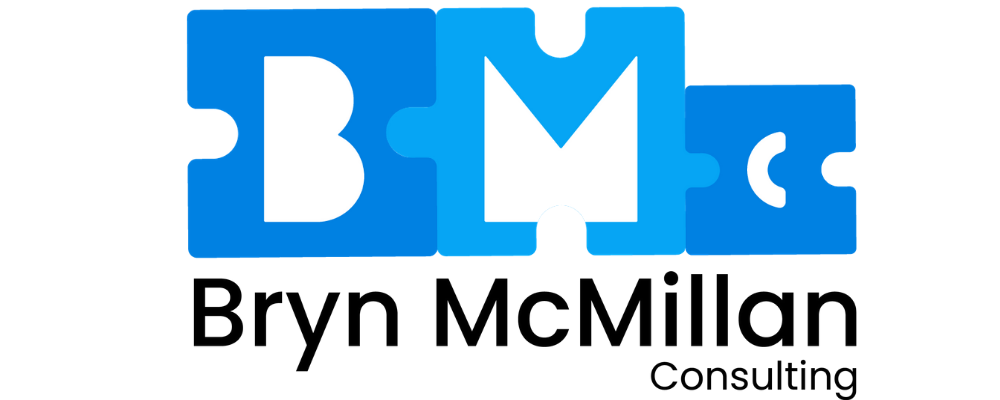A government push for mortgage lenders to reach an average energy performance certificate rating of band C across their mortgage portfolio by 2030, could prompt a fall in the value of older family homes, critics have warned.
In its Heat and Buildings Strategy, published today, the government reiterated proposals that it consulted on earlier this year, which would require mortgage lenders to disclose EPC ratings of their portfolios.
It proposed a voluntary voluntary target to reach an average of EPC band C across their mortgage portfolio by 2030, “with the option of making this target mandatory if insufficient progress is being made”.
Currently only 40% of homes meet this standard.
In order to help achieve its target, the government wants more lenders to offer green mortgages, which incentivise borrowers to make energy efficient upgrades to their property.
However, some are concerned about the impact on those who own older homes that are extremely costly to retrofit, as lenders will be increasingly taking such factors into account as part of their underwriting process.
Hargreaves Lansdown personal finance analyst Sarah Coles says: “The government’s plans for green mortgages could cut the value of older, family homes.
“It means anyone getting a mortgage could be encouraged to borrow extra cash for energy efficiency improvements as part of the deal.
“The additional cost of this borrowing could technically be covered to some extent by lower energy bills.
“The problem is that while some properties can be improved at relatively little cost, other homeowners will find it prohibitively expensive.
“They may not be able to afford to borrow more, or the cost of changes to older properties may be disproportionately high, so they’d never recoup the cost of the improvements through a sale.
“Legislation is likely to include some kind of exception, to enable people to get a mortgage on these homes.
“However, it’s likely to get much harder to track down a cheap mortgage for an inefficient property, which will make them more difficult to sell, which in turn is likely to bring down their value.
“Owners may also struggle to remortgage, so could end up paying over the odds each month.
“In fact, when the government consulted on green mortgages, it baked some of this into its assumptions, saying ‘the market will adjust’, so inefficient properties become cheaper, and people can afford to buy them and improve them.
“This may make sense from an economist’s point of view, but if you’re currently living in one of these homes, and you face the prospect of it losing value, the consequences could be devastating.
“If you’re living in an old family home, and you need to trade down to boost your income in retirement, it could have far-reaching consequences for the rest of your life.”
The Liberal Democrats have also attacked the proposals, saying the government’s strategy will hit first-time buyers with a £20bn bill.
The party says that in 2015 the government scrapped net-zero standards on new build homes, with no new standards to be introduced until 2025.
It is estimated that another one million homes will be built by this time, leaving those buyers rather than property developers, left to meet the cost of upgrades.
It says the cost to upgrade a home to meet these standards is likely to be around £20,000.
Liberal Democrat leader Ed Davey says: “This is an insult to first-time buyers who have scraped and saved to get on the housing ladder.
“The Conservatives must cancel this plan immediately.
“Ministers are attempting to clean up their own mess by forcing innocent first-time buyers to fork out thousands of pounds extra, just as an interest rate rise is about to bite.
“The Conservative government recklessly abandoned key green standards, ignoring warnings from Liberal Democrats and industry experts.
“Now we have a £20bn black hole with the bill sent to homeowners.
“We would love to believe the government has a serious plan for how we get to net zero and for how we eliminate fuel poverty.

